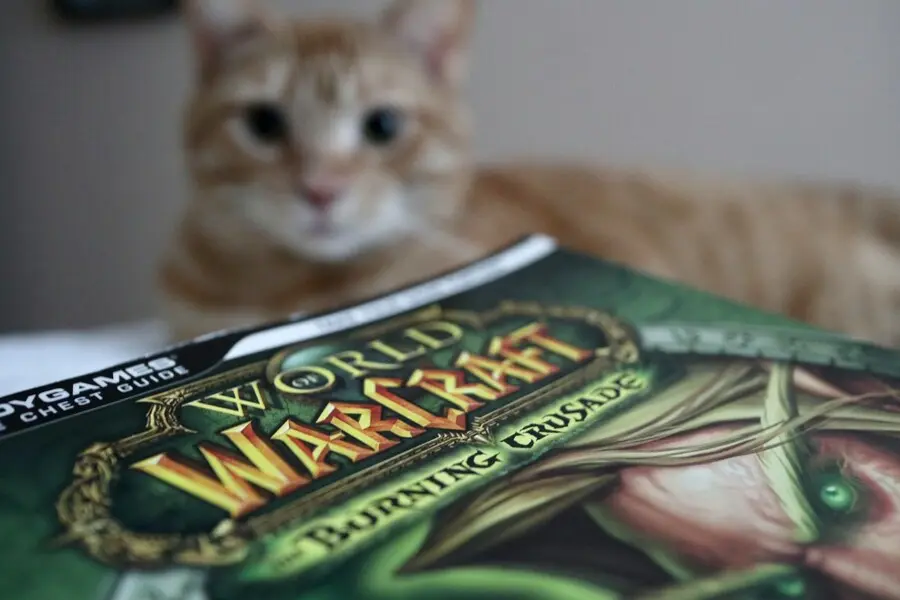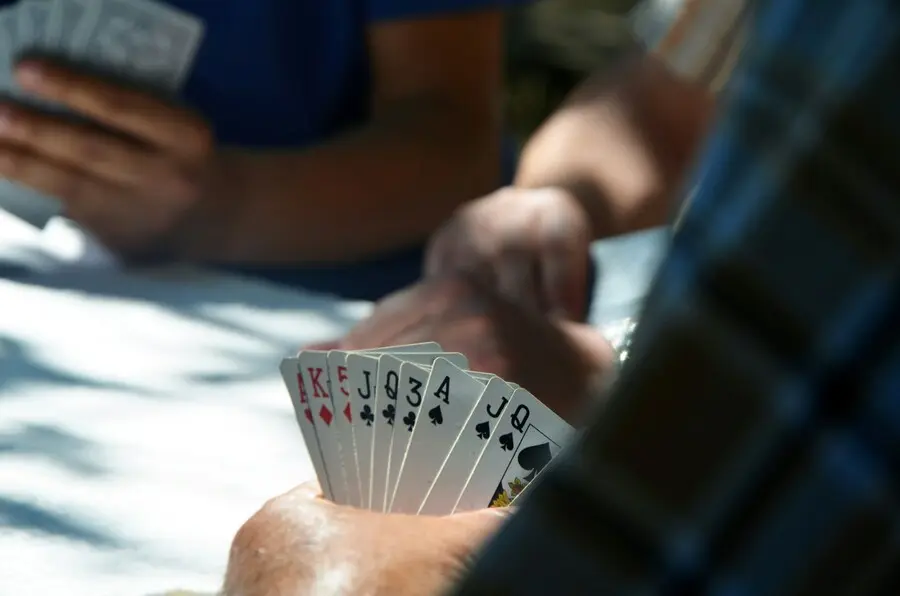The most famous artistic product of the boozy 1920’s is F. Scott Fitzgerald’s The Great Gatsby, a novel about a man trying to recreate an ideal past in a drunken, materialistic present. It’s one of those books just about everyone has a strong impression of whether or not they’ve actually read it – which makes it hard for many to approach the story with fresh eyes.
If you’re a teacher looking for interesting, relevant ways to dig into The Great Gatsby, why not try something like this on for size: the 1920’s were to WWI what the 1970’s were to the hippy movement. The unprecedented global carnage following the so-called “War to End All Wars” turned disillusioned Americans inwards, setting their priorities on money, bootlegged liquor, and partying. Similarly, after the hippies failed to elevate worldwide consciousness with peace, love, and patchouli oil, 1970’s America drowned its sorrows in disco, drugs, and polyester pants.
As an assignment, have your students compare The Great Gatsby to a 1970’s song in this same vein. Take, for example, The Eagles’ Hotel California, one of the best-selling and most recognizable songs from this (or any) era of American history.
Hotel California boasts some of the most analyzed and memorized lyrics in rock and roll. If the element of mystery means a lot to you, you’ll probably be disappointed to hear Don Henley’s two cents: “It’s basically a song about the dark underbelly of the American dream.” Not that a bunch of rock stars would know anything about that. In other words, the symbol of Californian prosperity (back when that still existed) stands in as a microcosm of American decadence in the 1970’s.
The “hotel” (wink, wink) California is no Motel 6. It has mirrored ceilings, courtyards, master’s chambers, pink champagne, and high-falutin’ guests. The narrator can’t help but notice the seductive woman with a Benz, a mind that’s “Tiffany-twisted,” and a lot of hot guys following her around. He asks for wine, to which the captain famously replies, “We haven’t had that spirit here since 1969.” Since wine isn’t a spirit (and we’re betting The Eagles have a basic understanding of liquor), we’re going to go ahead and assume Henley is referring to some other spirit of ’69.
In a creepy turn of events, there is then a beast-killing ceremony involving “steely knives,” which prompts the narrator to high-tail it “back to the place [he] was before.” Only when it’s too late does he realize that he can “check out” but “never leave.” How, pray tell, can a person be checked out without going anywhere physically? We’re thinking there might be some chemistry involved.
So let’s review: luxury, substance abuse, a beautiful temptress, materialism, violence, living in the past, and being trapped. Remind you of anyone?
As a rule of thumb, music is one of the best teacher resources because it can be deeply personal and easily relatable at the same time. Plus, the fact that lyrics are usually highly open to interpretation means your students will be putting in a lot more work than they think.
Source by Paul Thomson












